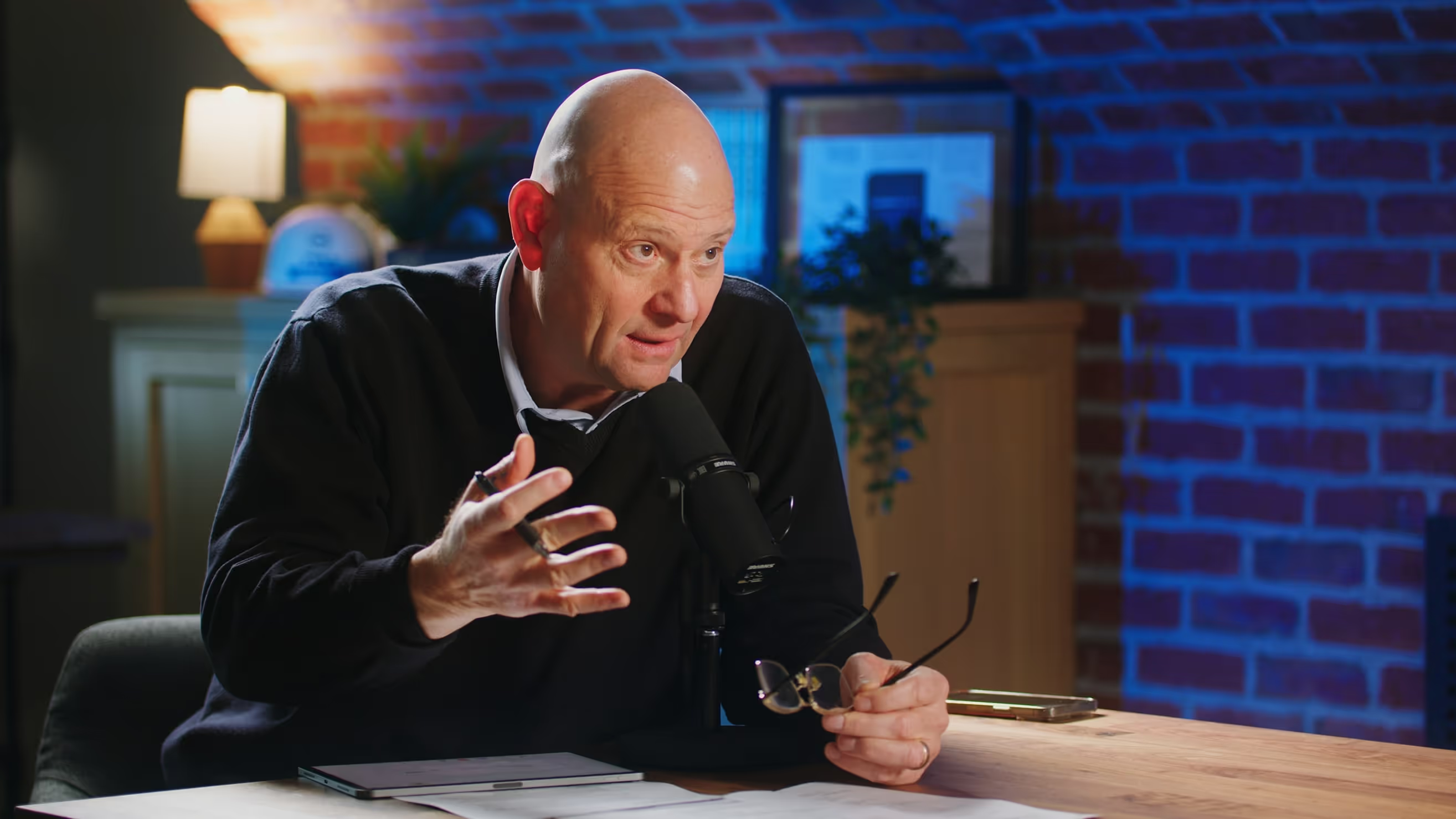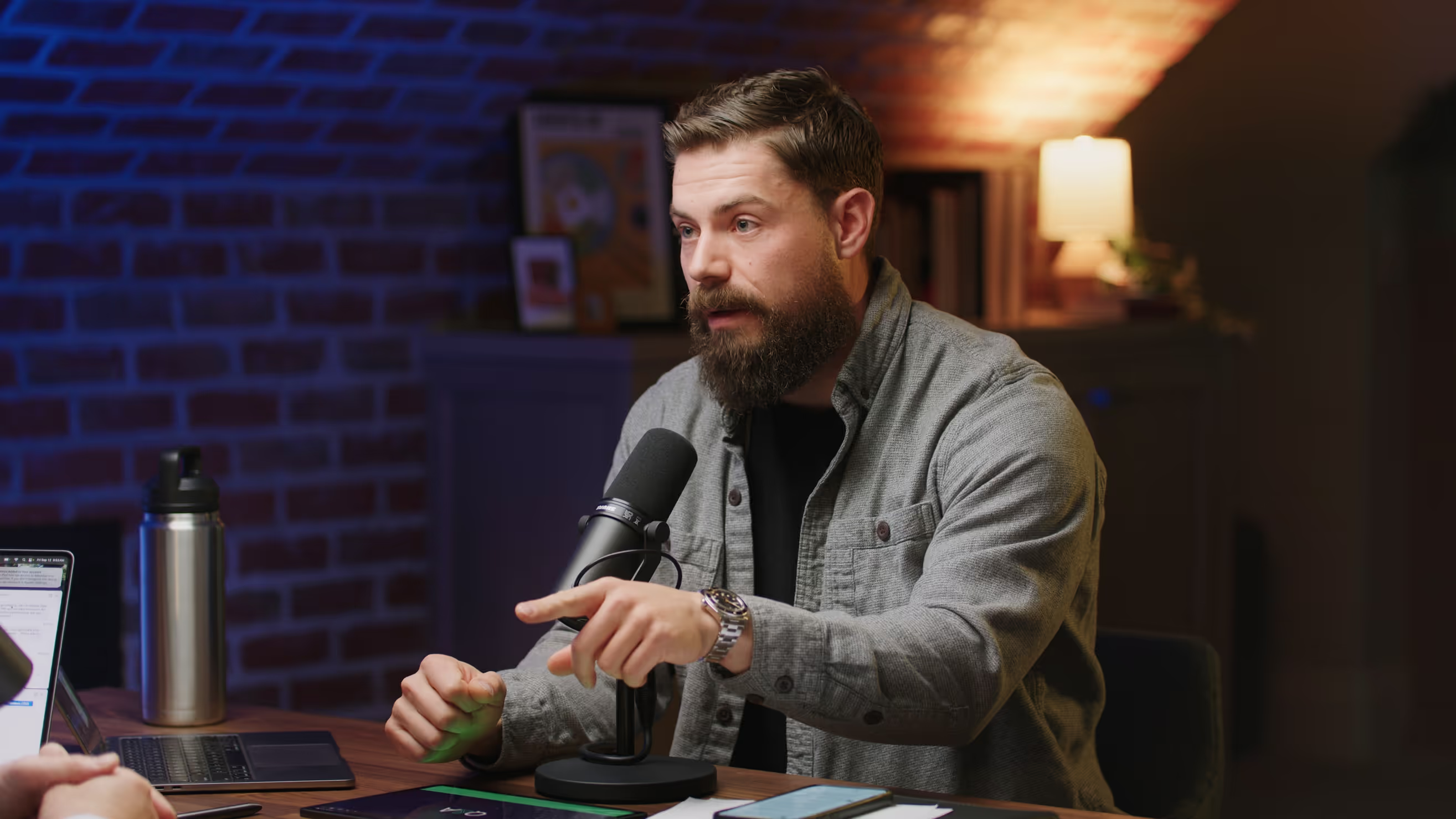This episode tackles the leadership problem most of us are drowning in: too many priorities and not enough focus. Through a memorable card-collecting analogy, Tim and Junior show why strategy isn’t about adding more: it’s about subtracting. You’ll hear why “if everything is valuable, nothing is,” how plural “priorities” became a modern distortion, and why the best leaders reprioritize daily, not quarterly. With practical tools like the “one thing” question, and hard-won lessons on communicating what you won’t do, this conversation gives you a simple operating system for focus, momentum, and meaningful results today.



